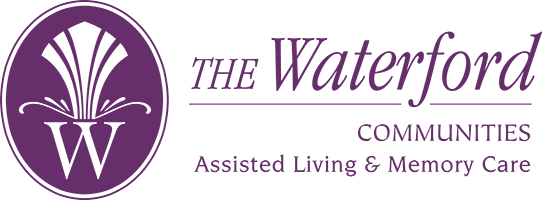Vision Impairments in the Elderly
 Vision problems aren’t just for the elderly, however, vision can worsen with age. It’s not uncommon for vision to deteriorate as we get older and complications like cataracts, stigmas and glaucoma can arise more often during exams in later years. Aging loved ones may not always be in a position to communicate if they have a change of vision or even painful vision, vertigo etc. It’s important to have regular vision check ups to help determine new or diminished issues. A Place for Mom has outlined some specific health concerns to look for past the age of 60 when it comes to vision health…
Vision problems aren’t just for the elderly, however, vision can worsen with age. It’s not uncommon for vision to deteriorate as we get older and complications like cataracts, stigmas and glaucoma can arise more often during exams in later years. Aging loved ones may not always be in a position to communicate if they have a change of vision or even painful vision, vertigo etc. It’s important to have regular vision check ups to help determine new or diminished issues. A Place for Mom has outlined some specific health concerns to look for past the age of 60 when it comes to vision health…
5 Most Common Age Related Vision Problems
“In the years after you turn 60,” states the American Optometric Association, “a number of eye diseases may develop that can change your vision permanently. The earlier these problems are detected and treated, the more likely you can retain good vision.”
It’s true that age-related vision problems, including cataracts and glaucoma, become much more common as we get older. So do less severe eye health issues like conjunctivitis and dry eyes. Unfortunately, during the winter months, dry eyes can be commonplace due to the recirculation of air from the heater.
How can you tell if it’s a simple case of dry eye or a symptom of visual disease? First, familiarize yourself with the most common senior eye problems. Most of all, though:
“Make sure your eyes are checked every year,” says Lisa Weiss, OD, MEd, FCOVD, a doctor of optometry with the California Optometric Association. Early detection, she says, is the best way to prevent disease and minimize vision loss.
Failing vision in seniors can lead to a host of other complications including:


